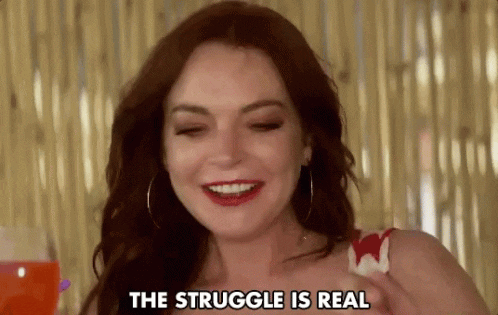848 reads
Studying First World Problems for Solutions to Cock-Ups From the Future
by
January 15th, 2020
👋 I'm the VP of Growth Marketing here at Hacker Noon. I also make podcasts and write stories.
About Author
👋 I'm the VP of Growth Marketing here at Hacker Noon. I also make podcasts and write stories.
